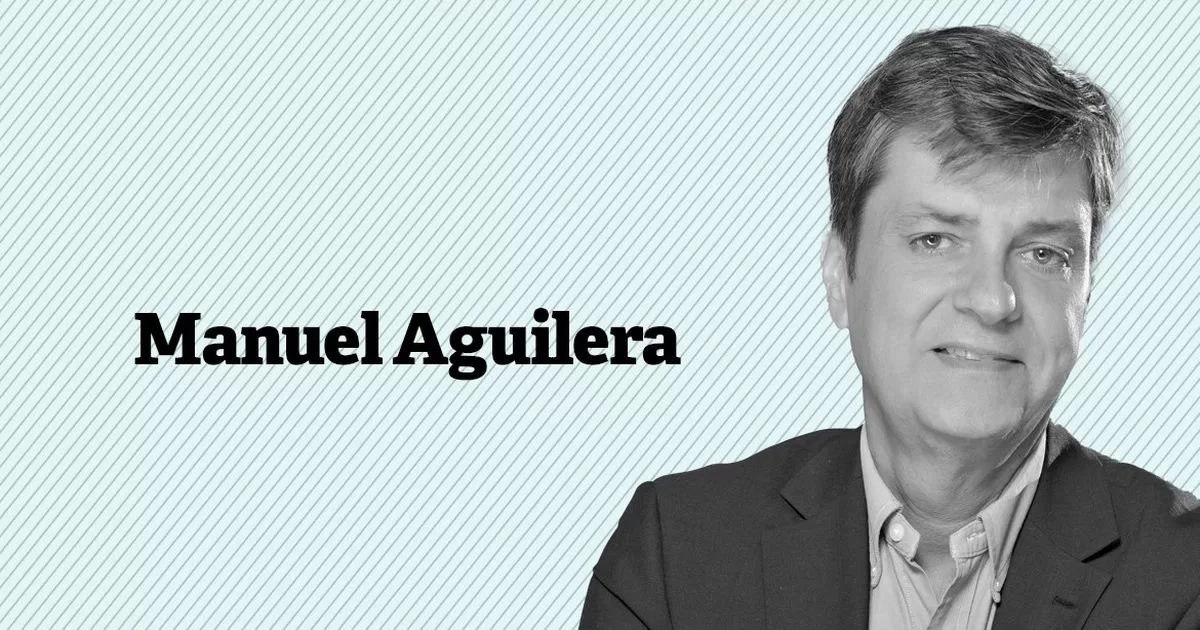Josep Borrell Fontelles will cease to be head of European diplomacy after five years in office. Since December 2019, the 77-year-old Spanish politician was appointed high representative of the European Union for Foreign Affairs and Security Policy and vice president of the European Commission.
The position really sounds powerful and bombastic, but now when the Catalan politician – who has been combining one position with another for almost 50 years – leaves the European Union, it is time to take stock of his management towards the thorniest issues in Latin America.
Borrell has been in the political struggle for almost as many years as Joe Biden and I remember meeting him repeatedly in the corridors of the Congress of Deputies in Madrid, when he was Felipe González’s minister and I was a young television reporter. I have to admit that unlike other of his socialist colleagues, Borrell was imposing and his technical professional qualification was far above other ministers. He was also a good speaker, and a tough nut for journalists to crack when we asked him about the news of his ministry. It comes to mind one day when he left me speechless in the Senate and he looked at me with a face of contempt because I approached him about a controversy that gave him many headaches in those early years of the 1990s. the nineties. In 1994, the Ministry of Transport and Public Works, with him at the head, resolved that the 97 Osborne bulls that gracefully decorated the landscape of Spanish roads should disappear. The popular pressure and that of important public figures was such that in the end Borrell had no choice but to take the bull by the horns and pardon the billboards.
Borrell did not like that I asked him that afternoon in the Senate about the controversy and punished me with his indifference. In the end he relented and as he said before, he was forced to take the bull by the horns.
Although he previously highlighted his intellectual level, his professional ability and his oratory, Borrell’s great defect – in addition to his excessive character – is his blind faith in socialism. His balance would be different if he had not agreed to be part of Pedro Sánchez’s government. Embracing the more populist and retrograde form of the left was a bad omen for his later stage as head of European diplomacy.
The question is, what has Borrell contributed to the arrival of democracy in Cuba and Venezuela? In Cuba, the problem seems entrenched and it seems that Borrell, like other leaders of the European left, give normality to the system created by the Castros. In Venezuela, at this moment the European Union is outside the observation of the next presidential elections and Borrell has not been able to stop his compatriot, the former Spanish president Rodríguez Zapatero, from taking the lead role as supporter of the regime.
Borrell has totally lacked leadership to redirect the relationship with Venezuela. He has not known how to impose a regenerative agenda with an economic plan that would make investment in the South American country attractive.
So as the saying goes, “a dead king is a king.” We leave the pending task to whoever is his successor in office. The EU must be an active actor for the democratic transition in Venezuela and must continue working, not on the path of sanctions, impoverishment and the increase in exiles, but on encouraging European companies to see the country in this new stage. , as an opportunity.

